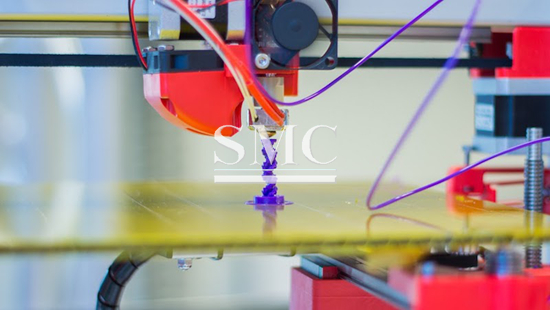
- Company overview The heart of SMC Vision & Philsophy Partnership Certifications Company culture
- Our service Design and Engineering Maintenance and Service Examine Production Line Upgrade and Transformation Storage and Logistics Processing, Trading and Distributor
- Management Our history Global responsibility Info Center
- Procurement center Internship
- Metal Steel Products Stainless Steel Products Aluminum Products Copper Products Galvanized Steel and PPGI Special Alloy Building Material
- Containers ISO Standard Container Equipment Container Storage Container Refrigerated/Reefer Container Offshore Container Container House Tank Container Container Fittings Container Trailer
- Gas Cylinder & Fire Extinguisher Cryogenic Liquid Cylinder Oxygen Gas Cylinder Storage Tank CNG Gas Cylinder LPG Gas Cylinder Hydrogen Gas Cylinder Nitrogen Gas Cylinder Industry Gas Cylinder Fire Extinguisher
- Metal Machinery Forming Machine Cutting Machine Processing Machine Bending Machine Block Machine Other Machinery Motor Spare Parts
- Mechanical Products Miscellany Mooring Equipment Marine Equipment Vehicle Industry Pressure Vessel Conveyor Belt Laser Equipment Bearing
- Electrical System Power Distribution Automation Electrical Cable Solar Power System Electric Protection System Transformer Production Line Lighting System
- Project Plastic Pipes and Pipe Fittings Fiberglass Reinforced Plastic Pontoon System
3D Printing Metamaterials
3D Printing Metamaterials
Direct ink writing (DIW), is 3D printing process that allows for the manufacture of ordered, porous structures using a layer-by-layer method, where the mechanical behavior of the material is controlled by the printed architecture and the properties it contains. DIW allows materials to be built up and tunneled using the 3D technology. It is often done to increase a materials hierarchical porosity, make them more lightweight, and introduce a greater functionality to the material. A team of researchers in the United States of America have now used this process to make property-specific specially designed silicon metamaterials to be tuned with fine tuned behavioral properties.

These hierarchies in the 3D metamaterials are created by the combination of a printed structural porosity and intrastand porosity. This is achieved by adding hollow, gas filled microspheres into the ink. However, other materials such as shape memory polymers are also being added to offer a wider application potential. Materials such as ceramics and metals are currently being fine tuned with hierarchical lattice structures using this new production method.
In order to produce these materials, researchers extrude viscoelastic inks that have highly controlled rheological behaviors, through a micro scale nozzle. The layer-by-layer construction is programmable and can control the strand size and the the spanning distance between layers. The researchers selected intrastrand porosity, controlled by the applied pressure, die geometry, and rheological response of the material. They used a silicon based ink composed of polymeric shell, gas filled microspheres, and micro balloons. This resulted in a silicon based ink with a polymeric shell. The process of the printing itself was done using a displacement controlled 3-axis 3D printing platform. This allowed for cross-ply structures to be created with each layer being perpendicular to the last. This is desired by researchers to increase stability and function.
By using these materials in this printing process researchers found that shape memory can be achieved in 3D prints. This is accredited to the re-expansion of the micro balloons when heated above the glass transition temperature. If these materials continue to advance there is a great potential for them to be used in everyday use applications such as wearable protective padding and cushions that can use the temperature of a human body to invoke a recovery response.
Shanghai Metal Corporation is a trusted aluminum alloy, aluminum foil price, stainless steel price and stainless steel manufacturer, kinds of stainless steel in china.
